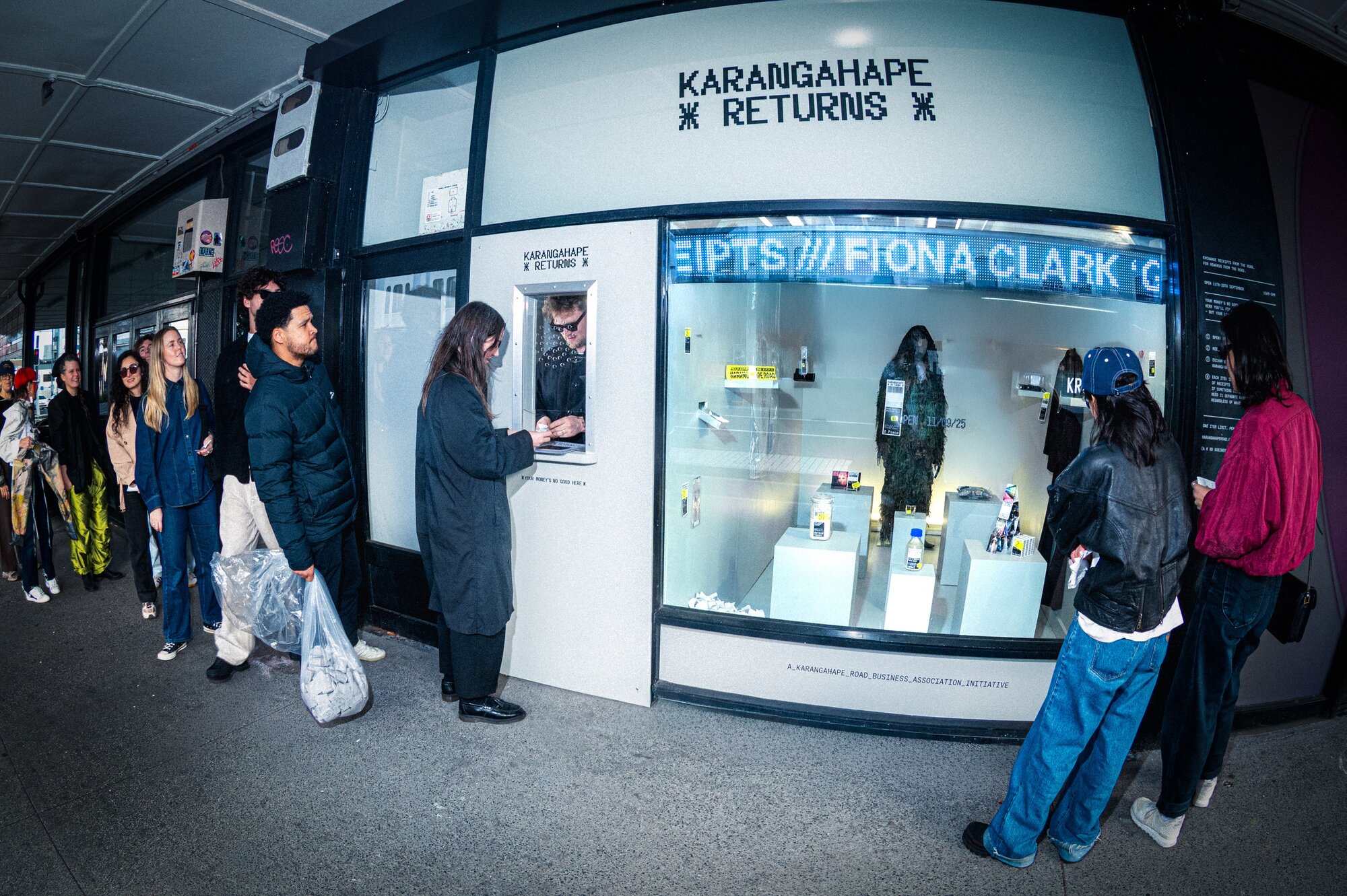The update that changed everything
When Meta quietly rolled out its Andromeda update, most advertisers didn’t notice the shift straight away. It didn’t look dramatic — no new dashboard, no new buttons. But under the hood, it changed everything.
Andromeda marked Meta’s full transition from targeting-led advertising to learning-led advertising. In plain English: you no longer tell the platform who to show your ads to. You show it what to learn from.
For founders, growth leads, and e-commerce operators, that’s a major shift. The days of manually controlling who sees what are over. Meta now makes those calls automatically — guided by patterns it detects in your creative.
Creative has become the data
In the old world, success came from precision. You built audiences, tested lookalikes, tweaked bids, and optimised for conversions.
In the new world, success comes from teaching the algorithm through your creative.
Every image, headline, and video becomes a signal that tells Meta what your best customer looks and feels like. The more variety and insight you give it, the smarter it gets.
If your creative library is shallow, repetitive, or out of date, you’re starving the system of information. That’s why some brands are seeing rising costs and declining performance — not because Meta’s “broken,” but because their creative ecosystem isn’t keeping up.
The new creative economy
Andromeda has ushered in what we’d call the creative economy inside Meta — one where performance is driven by experimentation and speed, not rules and manual tweaks.
Winning brands are shifting from campaign-based production to creative systems — ongoing, modular frameworks that let them produce and test diverse ideas every week.
They’re not chasing one perfect ad anymore. They’re building a pipeline that continuously feeds the algorithm with new learning opportunities.
The question isn’t “who should we target?”
It’s “what should we show next?”
What this means for NZ brands
For smaller brands, this can sound daunting — who has the resources to produce dozens of ads a month? But this isn’t about volume for volume’s sake. It’s about variety with purpose.
Instead of one polished hero ad, think about creating smaller, faster, and more frequent creative bursts:
- Different hooks and emotional angles
- Founder-led storytelling
- Proof and testimonial ads
- Educational or problem-solution pieces
Each variation gives Meta new creative data to learn from — and helps it find the right buyer faster.
This is how creative and performance now merge.
Your creative is your targeting.
The opportunity
The brands that adapt to this shift early will build a lasting advantage.
Because while everyone else is still chasing audiences, they’ll be training an algorithm that already understands theirs.
For growth teams, that means rethinking what “marketing” looks like:
- Less time in Ads Manager.
- More time on creative strategy, concepting, and insight.
- Faster feedback loops between performance and production.
The brands that win in 2025 won’t be the ones who out-spend.
They’ll be the ones who out-create.
We help brands adapt to what’s next — building systems that turn creative into growth.
If you’re ready to future-proof your marketing, let’s talk







